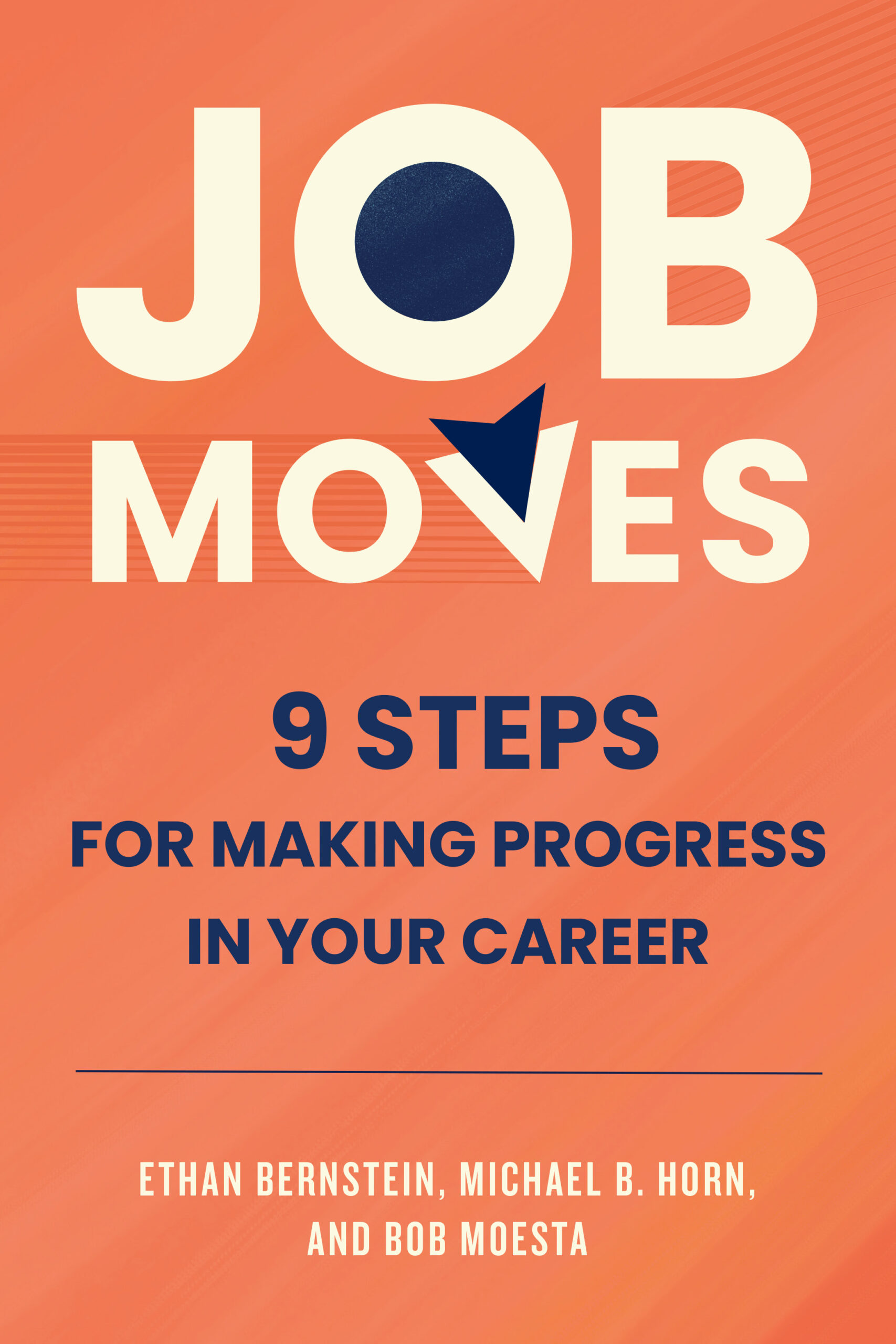Teen anxiety changing gap years
By Katherine Stievater
All across the U.S. an amazing thing has happened — many more students are now routinely considering the idea of a gap year. It is a rare school I visit that has not had an increase in the number of graduating seniors taking a year off before starting college. Most school counselors are eager for more information so they can better advise their students (based on the 100 plus schools I have visited over the past two years).
Historically, “Gappers” (as gap year students are called) often combined a desire to see the world with a commitment to global citizenship and service work. The idea that gap years are about travel is still fairly embedded in the minds of parents and students. At a recent Boston-area gap year fair, the speaker asked the audience to help construct a word cloud. What two words appeared largest and in the center? “Travel” and “adventure.” …
There is growing recognition of the need for gap years to evolve. Michael Horn, co-author of the new book “Choosing College,” recently observed that “a core reason many students struggle in college is that they lack an intrinsic passion and purpose for being there in the first place.” His version of a gap year includes participation “in active experiences, such as last-mile training programs, internships and externships, apprenticeships, paid work, experiential learning opportunities, short courses or community service.” Travel and adventure is nowhere to be found on his list of activities.

0 comments